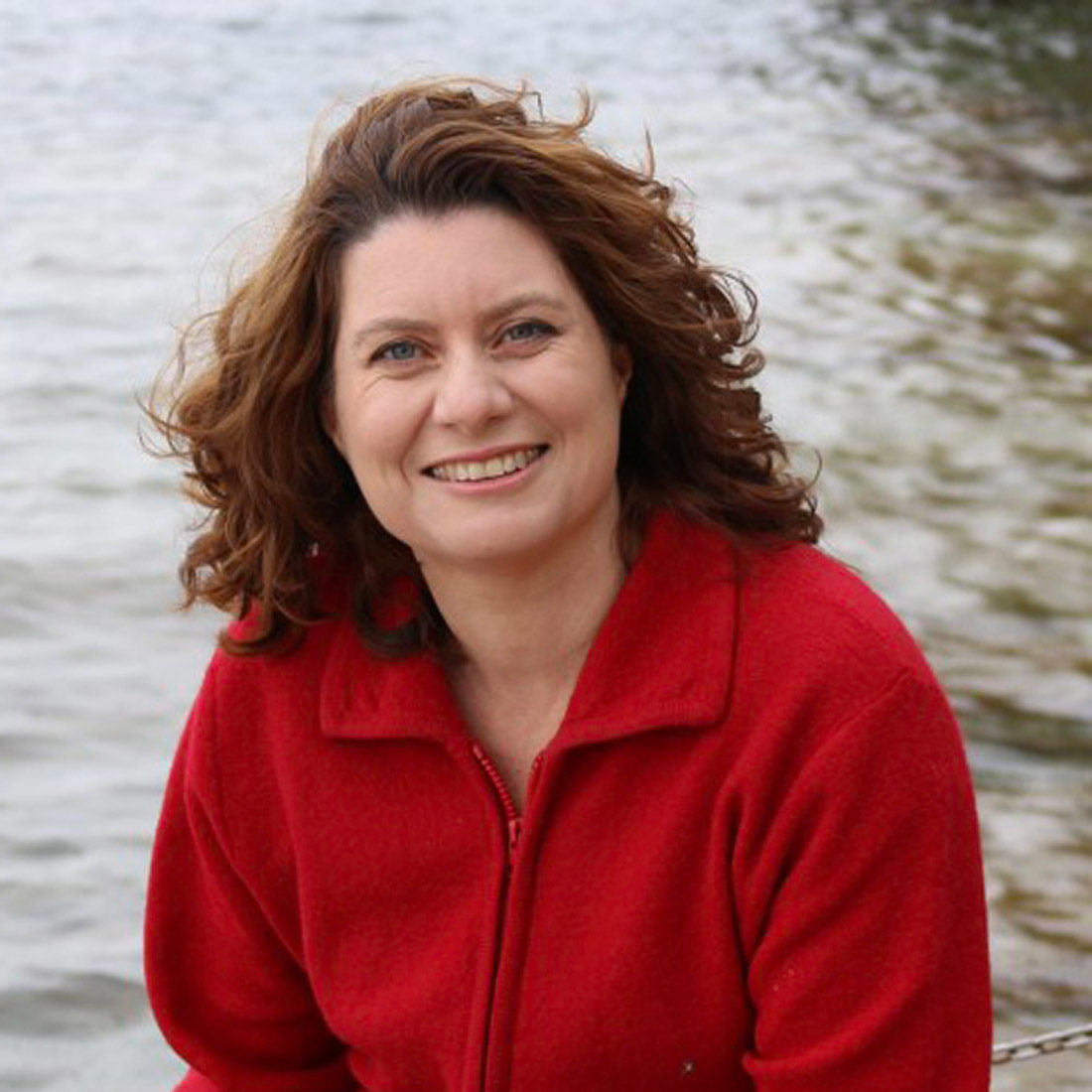Suzanne Leal
Suzanne, thank you for agreeing to this interview about your latest novel, The Teacher’s Secret, and your role as facilitator at literary events.
Let’s first talk a bit about your own writing. Your first novel, Border Street, was commended in the Asher Literary Award. Your most recent novel, The Teacher’s Secret, is also about hidden stories and secrets. Would you say that curiosity about secrets drive your writing?
I live in the suburb of Malabar, which is a close-knit community. It was this sense of community I wanted to explore in my novel The Teacher’s Secret, and the secret life of the people that live in the fictional town of Brindle, where the novel is set. Much of the action takes place in the local primary school. In my experience, there can be many secrets contained within a school: the hidden lives of children with particular needs, the dilemmas of their parents and the struggles of their teachers to address both their own concerns and those of their class. This dynamic has always fascinated me.
As a lawyer you would have had access to so much privileged information.
Yes, I started as a criminal lawyer then moved on to work in refugee and migration law and now work in child protection. It is a privilege to be given an insight into people’s lives and problems, which exposes the intricacies and complexity of their relationships.
This new novel is intriguing partly because of the many layers and the way you build up tension. It has been described as ‘elegantly structured’. Would you tell us a bit about how you structure your stories?
A few years ago, I discovered a software package called Scrivener which is an excellent tool to help structure your work. I am time poor and so have to write in bursts. By dividing the narrative into scenes, the Scrivener program allows me to see where the story is going and how it is working. I carry my laptop wherever I go in the hope of finding an unexpected few minutes to write.
My novel The Teacher’s Secret is written from the perspective of several of the characters living in the fictional community of Brindle. I was interested in exploring how one year in one small place can been seen from such different perspectives. Apart from exploring the secret lives of its residents and the collapse of one man’s teaching career, The Teacher’s Secret is, however, primarily a love song to the kindness and support to be found within a small community.
The themes in your novel are thought provoking and, at times, unsettling. The small town setting somehow contains then intensifies the magnitude of the themes, like containing an explosion. Was this the purpose behind the setting of the novel?
Geographically, the fictional community of Brindle is very much like Malabar: it is a cul-de-sac of a suburb which has a few particular meeting places – the beach, the pool, the school and the shops. This keeps the setting contained and enables the characters to keep coming into contact with each other. The school itself becomes a microcosm of the world outside, with its particular hierarchy and the sometimes fraught interaction between teachers and the school administration, between the teachers and students, between teachers and parents and, of course, between the students themselves.
It was also useful to contain the story within a school year, which provides its own structure and an identifiable end.
The narrative is not linear. Will that suit all readers?
Some readers might want a more linear narrative but others are happier to have a more complex narrative where the reader is not given all the answers. As a reader myself, I don’t like being told what to think. I like narratives that provoke questions rather than tying up all the loose ends.
For me, it is a rare question that has a simple answer. Perhaps this is because my work involves complex problems, in particular, deciding whether a person should be granted a working with children check clearance to enable them to work with children.
In my novel, The Teacher’s Secret, I consider the line between the appropriate and inappropriate care of children by teachers, particularly male teachers. As I understand it, the fear of being accused of inappropriate behaviour is one of the reasons men are leaving the teaching profession in droves.
Fiction is a great vehicle to explore concerns like this: as a writer, you get to nut through issues as your characters dance their way through the pages.
Suzanne, you have had a very interesting career path and you manage all of this with four children. Can you tell us something about managing as a writer, lawyer and mother?
It is really smoke and mirrors. The truth of it is this: I work part time, I have flexible hours and I write when I can. Sometimes it all works and sometimes it doesn’t. I have always taken issue with the media representation of the super woman and the feeling of inadequacy it engenders in woman trying to juggle work and family. It doesn’t matter who you are, you only get 24 hours in a day, regardless how efficient you are. For many women, flexible work is chosen over high-earning work while work within the home continues to be invalidated. This is because value still seems to be equated with earning capacity in a society where no monetary value is placed on work within the home. I think this is a conversation that needs to be continued.
As a writer and Senior Judge for the 2018 NSW Premier’s Literary Awards, I am often in the company of artists, particularly writers. I like to talk to writers about how they manage their time to incorporate their writing. Often, it seems, time management is different to the structure of the 9-5 workforce: pre-dawn time seems to be a favourite for many of my artistic friends because the world is quiet and fresh and calming.
This year you will be facilitating several sessions, in conversation with Kathryn Heyman, Nikki Gemmell, Rachel Landers and Melanie Joosten.
I do quite a lot of facilitating, particularly at Sydney Writers’ Festival and in my capacity as Senior Judge for NSW Premier’s Literary Awards.
The trick to a successful event is preparation and early communication with your guest to check the parameters of the interview. This inspires confidence in your abilities and tends to relax the person being interviewed. Seating on stage is also important. I don’t like to be behind a table. I prefer to have a conversation around a coffee table. I don’t stick to a script and I try to create the illusion of an impromptu conversation although, in reality, I have a structure in my head to keep the interview focused and interesting. The best sessions give the appearance of an interesting chat between friends.
Do you need to be completely in the moment for the session to work well?
You cannot be completely in the moment because you have to be just a little bit ahead of the question being asked. I give the impression of being relaxed on stage but I am always working hard. Some sense of authority is helpful as an interviewer: although the guest needs to hold the stage, it is important for the interviewer to keep control of the event.
Back to your writing. What’s next? What should we watch out for?
I’ve just finished a time travel book for children aged 10-14, so watch out for this one if you know any teenagers. I am also working on another novel but the title and the plot are still under wraps.
Thank you Suzanne. We are really looking forward to hearing you speak at the St Albans Writers’ Festival.


